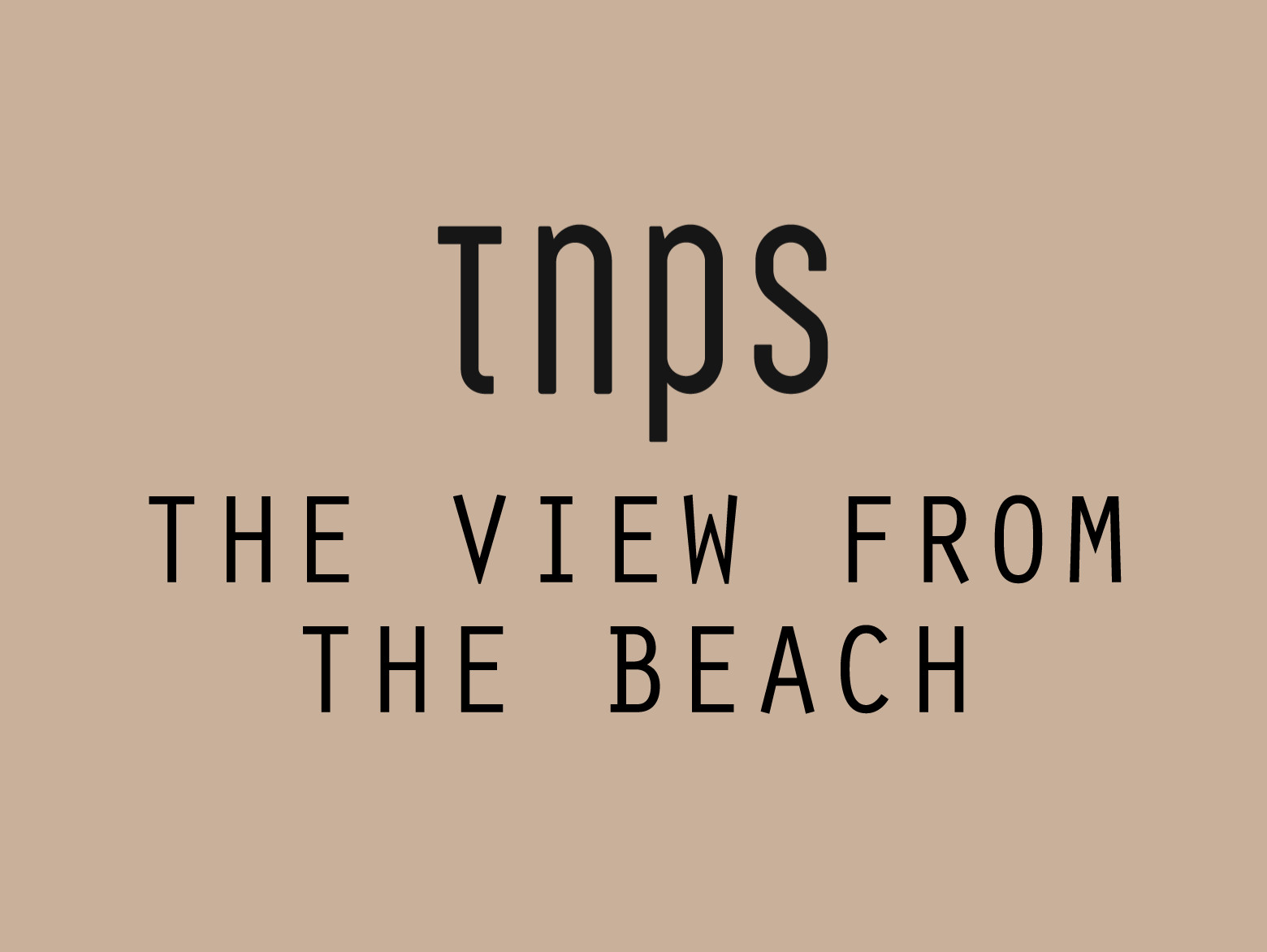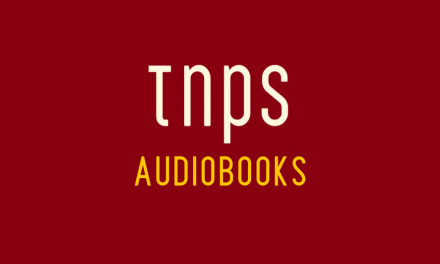The Hot Sheet is a publishing industry news-sheet for authors, produced every two weeks by Porter Anderson and Jane Friedman, and reviewed here every other Sunday as one of the best twice-monthly industry overviews available to authors.
We’re not interested in delivering breaking news, but perspective on stories that are likely to retain meaning for your long-term decision making. We provide distance and nuance on complex issues that affect all authors, whether traditionally published or self-published.

For me, what makes the Hot Sheet worth putting under the spotlight every other week is not the topics per se, but the aforesaid distance and nuance, and that the topics that are covered are those that have a long-term impact on the industry, not here-today-gone-tomorrow new stories, important as they are.
And it offers me a chance to re-evaluate my analysis and conclusions about recent events, pitching my “view from the beach” perspective against the insights Jane Friedman and Porter Anderson derive from their respective careers around the hub of the western publishing industry.
Not surprisingly we sometime share viewpoints, and other times are at different ends of the spectrum. The second November Hot Sheet is a case in point.
Anderson and Friedman kicked off the latest issue with a look at the closure of the US-based aggregator Pronoun and its surviving alternatives, reminding us that when Pronoun first launched the Hot Sheet‘s bottom line was,
If you take advantage of Pronoun’s free services, have a backup plan for where you’ll go if or when the service changes (again) or folds.
Those who followed my ramblings elsewhere at the time will know I welcomed the arrival of Pronoun and gave it a full and fair twelve month trial to see what was on offer, before pulling all my titles and distancing myself from the whole affair.
Little point here rehearsing those arguments again as Pronoun is, for all practical purposes, no longer with us (it formally closes in January).
But here’s the thing: Pronoun was never going to last in its then incarnation. It wasn’t a sustainable business model in any way. And worse still, it trod a wavering line along the very border of ethical and unethical behaviour, using Macmillan’s business relationship with the retailers to effectively poach indie authors already using other aggregators.
Yes, we might say there’s no such thing as fair in business, and it’s a dog-eat -dog world out there.
But Pronoun was offering authors benefits other aggregators could not match, that clearly were not sustainable – charging nothing at any stage in the process. It was self-evident, as Anderson and Friedman noted back in 2015, that Pronoun simply could not do what it was doing for any length of time.
Yet far from revising the business model to a semblance of common sense, Pronoun dug its hole still deeper. adding undeniably attractive services that were never going to last.
Speculation will continue as to the “real” reason Pronoun was shuttered when it was.
Losing money? Unquestionably, but start-ups do. The big question is why Pronoun didn’t simply adjust its model. Much of what Pronoun was offering I would have happily paid a percentage for, and I know I’m not alone. But Pronoun closed, saying profitability was the issue, never having tried to make a profit.
Were other factors at play? Speculation ranges from the whole exercise being a data-grab by Macmillan (rather ignoring the fact that Pronoun existed before Macmillan got involved) to the possibility Amazon closed the Pronoun account because Pronoun was undermining KDP’s credibility by offering better payouts and upload options.
All of which is neither here nor there now. What matters is how the closure impacts on the wider industry.
The Hot Sheet did a great job of summarising the pay-as-you-sell options – Smashwords, Draft2Digital, PublishDrive and StreetLib – and I won’t repeat them here.
Just to add that there are two highly respected pay-up-front aggregators worthy of mention. Bookbaby, run by Steven Spatz in the US, and Ebook Partnership, run by Matt and Diana Horner in the UK, both charge up-front fees but then dish out 100% of what the retailers pay.
And speaking of charging up-front fees, just this past week the UK-based aggregator Type & Tell (actually owned by another publisher, Sweden’s Bonnier) announced it was game over, less than a year after it launched.
And a third loss to the self-publishing community arrived in November too.
But if Type & Tell’s demise went largely unremarked, and Pronoun’s departure was perhaps for the greater good, the third departure was a definite loss to us all.
Mark Leslie Lefebvre, Kobo’s head of self-publishing endeavours and one of the most trusted of retailer reps in the indie community, has decided to move on.
The Hot Sheet managed an exit interview with the man himself, and what caught my eye was Lefebvre’s perspective on the Pronoun closure.
“You look at an intelligent publisher like Hachette,” Lefebvre said, “and at how they acquired Bookouture in the UK. The smartest thing they did was not just acquire them and take over all their operations, but they also left Oliver Rhodes in charge. Oliver has the smarts of traditional publishing but the adeptness of an indie publisher. So while Hachette is giving Bookouture print distribution, the people at Bookouture are still controlling digital publishing. That’s a perfect example of big publishing and little publishing working together.
And there we have one more reason to question the “official line” from Macmillan that Pronoun was a money drain.
I don’t know how many deals Macmillan made behind the scenes with Pronoun authors. I do know that if Macmillan has exploited its publisher muscle to advantage indie authors using Pronoun by offering some sort of print distribution through Macmillan channels, this would have had indie authors fighting one another to get in on the act.
And in similar vein why did Pronoun not offer the full digital reach that Macmillan ebooks enjoy?
But back to Mark Leslie Lefebvre.
The Hot Sheet notes that Lefebvre leaves Kobo Writing Life the better for his tenure.
Kobo has some 75,000 authors registered, with roughly 35,000 in the active category (in publishing mode).
Mark Leslie Lefebvre, you will be sorely missed.
Okay, so very little to disagree with so far with the Hot Sheet‘s take on events. But that changes with Anderson and Friedman’s perspective on the Tencent China Literature IPO.
I’ve previously covered the IPO here so will move forward to the Hot Sheet‘s bottom line.
While the attention to serial reading and writing is welcome, we’re cordially cautious about the China Literature IPO news and the sudden monsoon of articles on the topic. For one thing, the over 100 percent gain on the IPO’s release can hardly be taken as indicating that the endeavor is a sure bet in the book industry. Michael Cader commented (paywall) in Publishers Lunch, “Bear in mind that value is for a company that recorded profit of just $32 million in the first six months of this year, and lost money in the same period a year ago, so these investors are betting heavily on the future rather than the present.”
This is worth several posts all on its own, but briefly here, what is not being considered with this angle is that China Literature was not just a product of Tencent buying Shandra Cloudary and becoming a bigger player.
It was the product of a sea-change in online business regulation in China, with the e-commerce giants for the first time being given the green light to play the game at an unprecedented level.
As I said on Facebook back when Tencent acquired Shandra Cloudary and the deregulation began,
an earthquake had just happened at sea and the tsunami will hit us in a couple of years time while we’re all looking the other way, watching Amazon.
Anderson and Friedman understandably are “cordially cautious,” and of course they may yet be proved right.
But for my money, I would say take a step back and look at where Tencent is now. Partnered with Ookbee in Thailand, and now invested in Wattpad in Canada. Quite unthinkable back in 2015 when China Literature was formed.
Okay, so China Literature recorded a small profit this year and a loss the year before. But China Literature is not Tencent. China Literature only began life in 2015. Just how many digital start-ups are showing any profit at all at this stage in their game?
I’ve been watching China’s digital evolution closely this past decade – I didn’t get to be the first and so far only western indie to hit #1 on Kindle China (2014) by accident – and to come back to my somewhere-on-Facebook observation back in 2015 about the earthquake at sea and the swelling tsunami, I think we’ve just felt the first ripple.
Other topics covered by the Hot Sheet include the decision by Canada’s Indigo to move into the USA (see my perspective here), a look at harassment in the UK publishing industry, and a return to the Instaread controversy.
Lots more in the latest issue of the Hot Sheet, but I’m afraid you’ll need to subscribe to get the full benefit.
Click here to find out more about the Hot Sheet, and get a thirty day free trial (two free issues, as it publishes every other Wednesday).
NB: The New Publishing Standard does not carry affiliate links and we receive no compensation from any mention of any service, paid or otherwise.






Trackbacks/Pingbacks